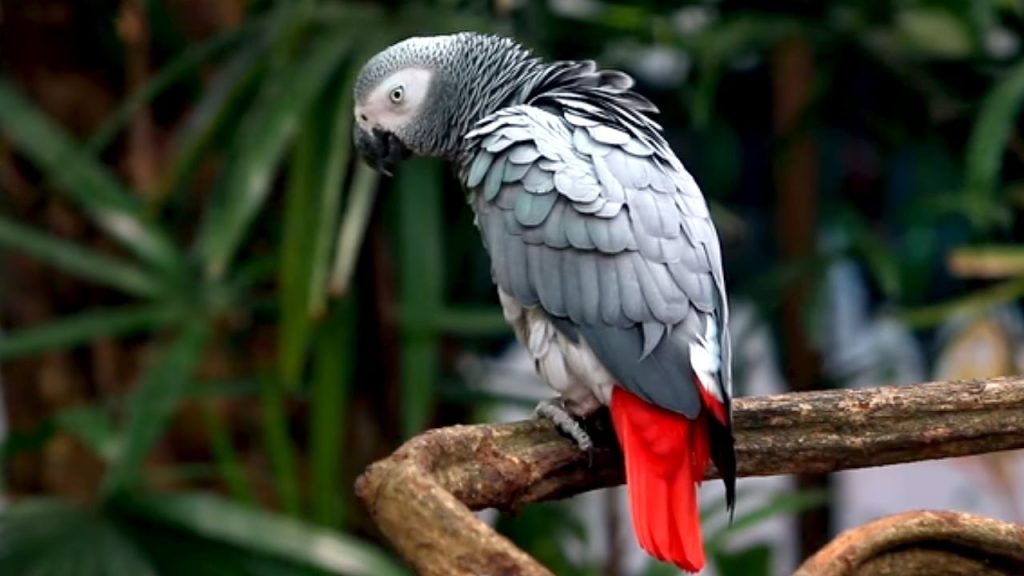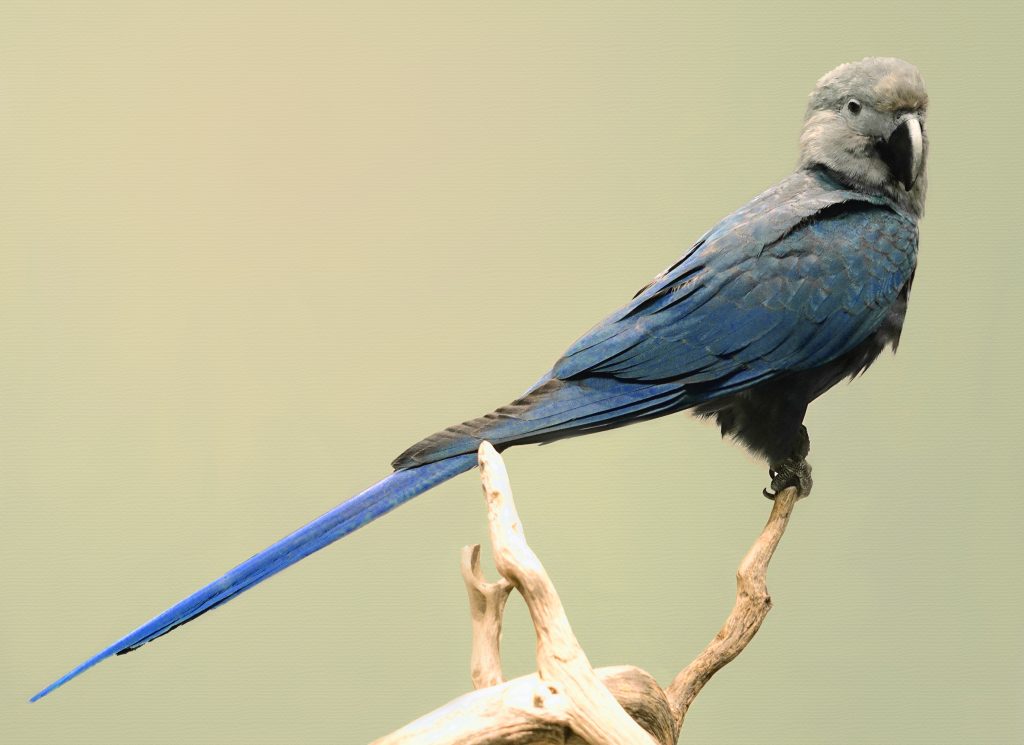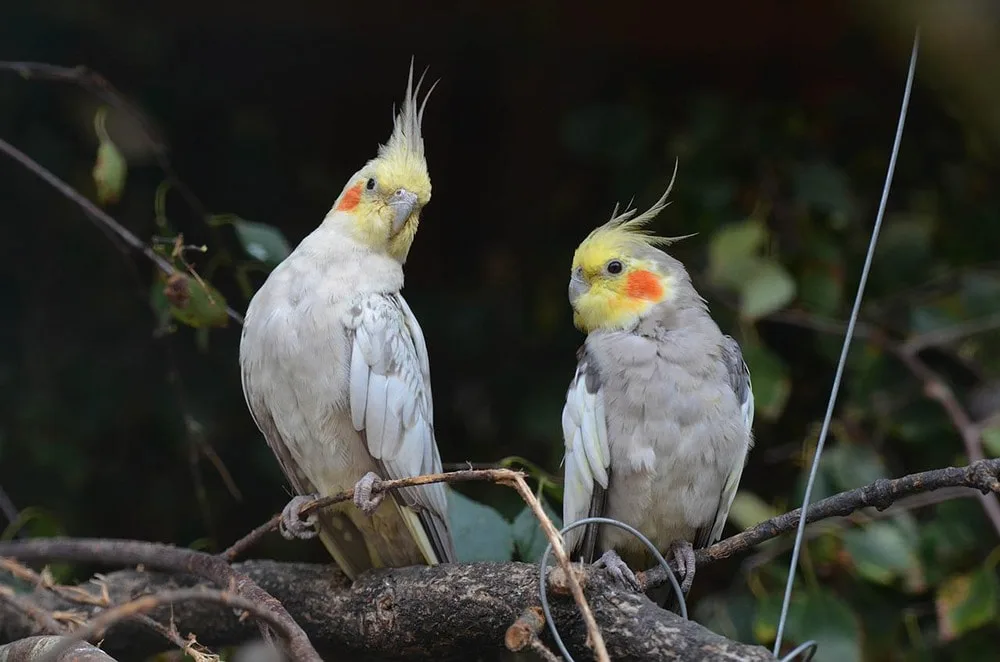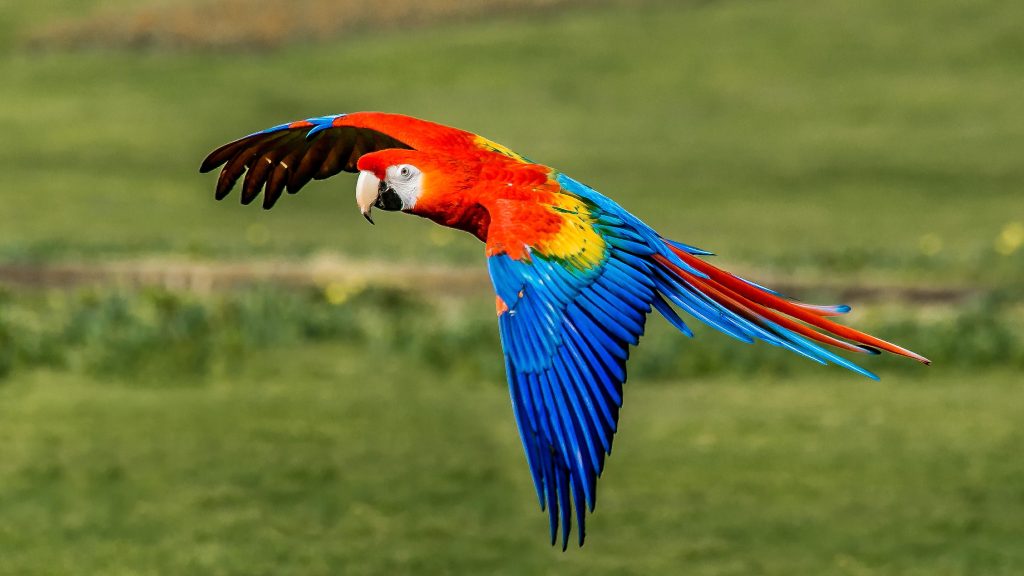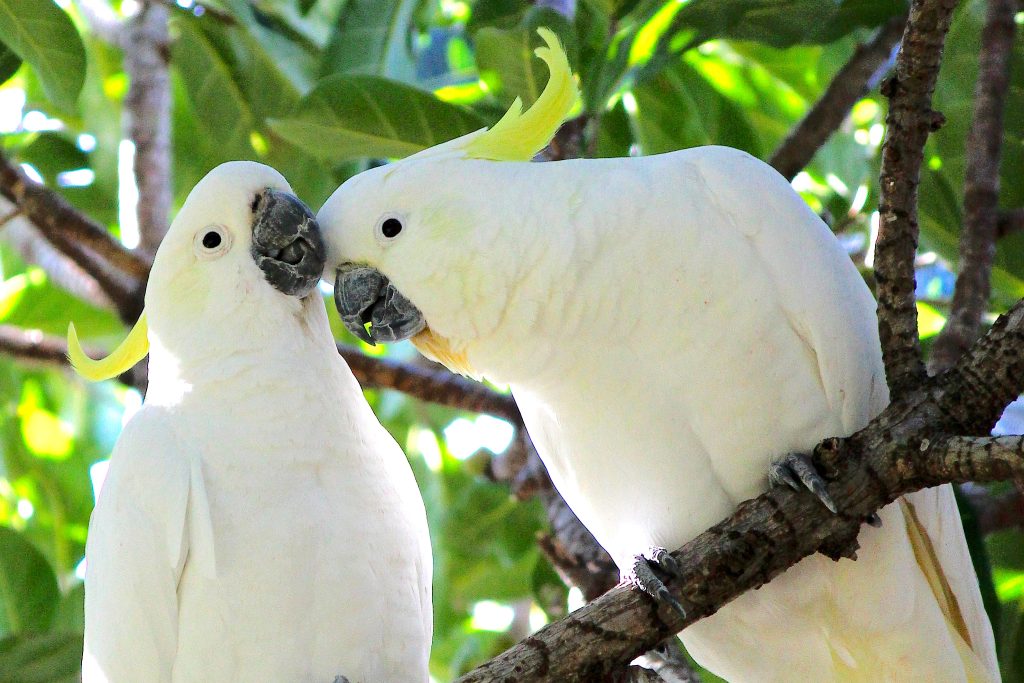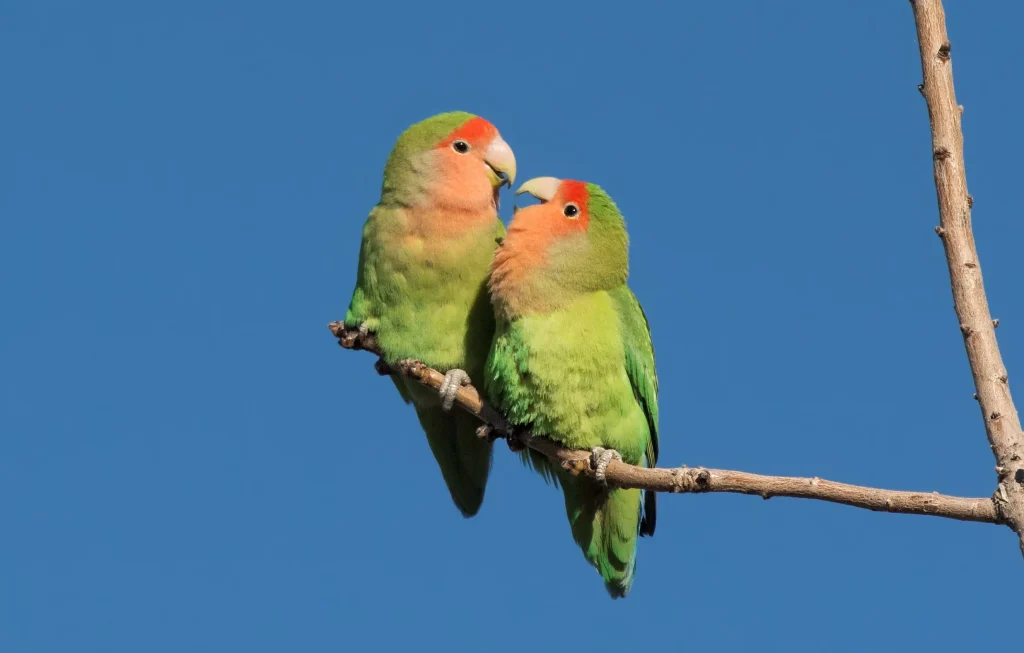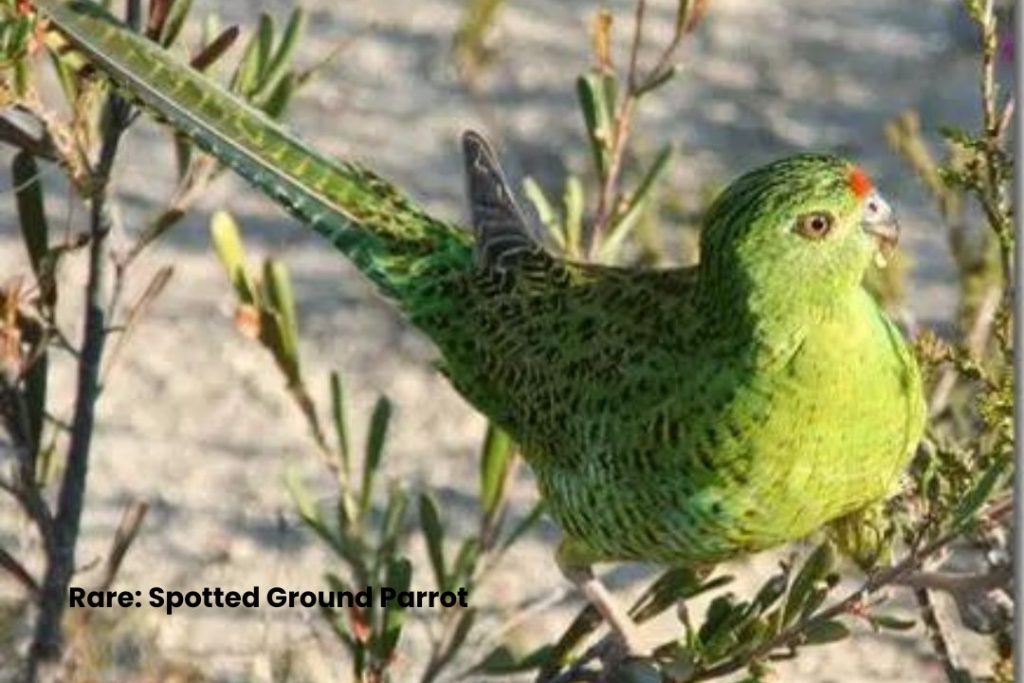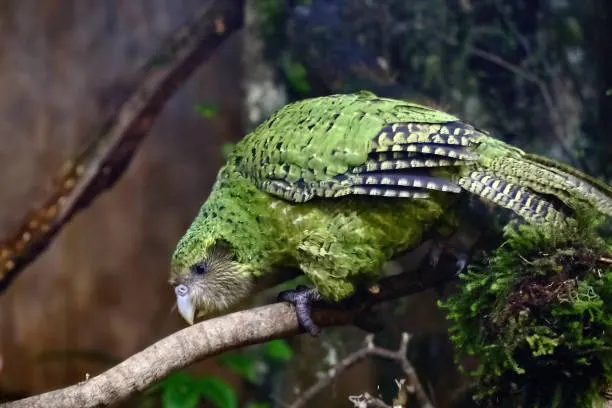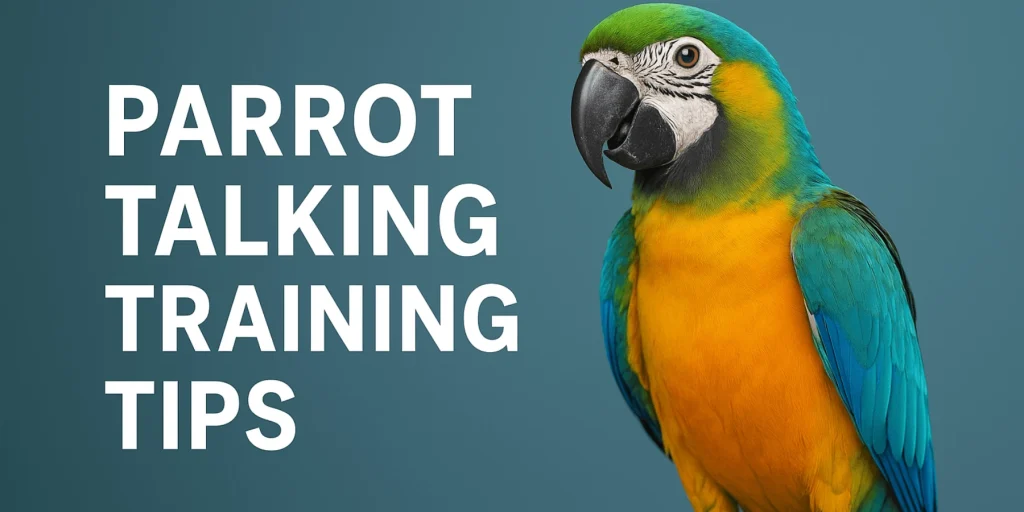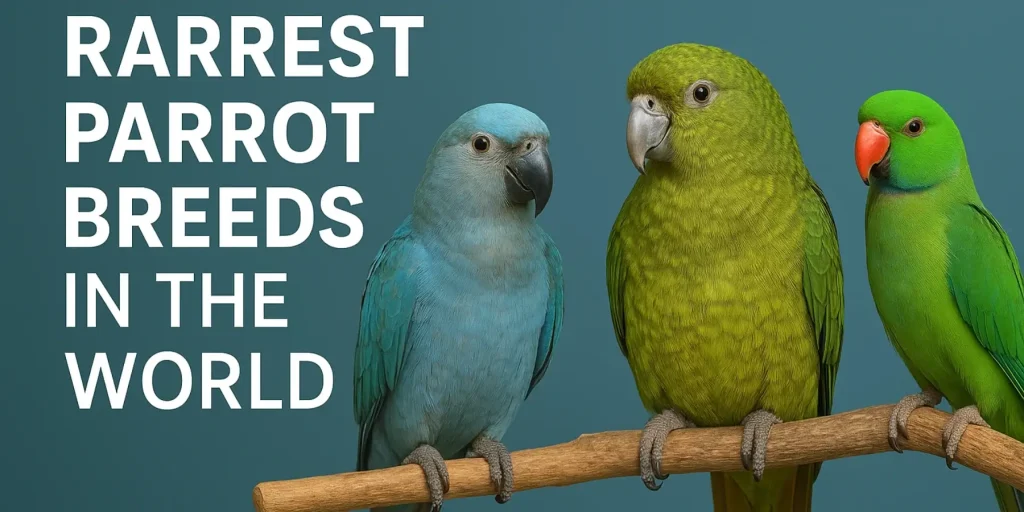🦜 African Grey Parrots – The Intelligent and Charming Avian Companions
💬 Introduction
African Grey Parrots are widely regarded as the most intelligent parrots in the world. With their exceptional talking ability, emotional sensitivity, and problem-solving skills, these birds are a favorite among avian enthusiasts. Whether you’re an experienced bird owner or looking to welcome your first feathered friend, the African Grey offers a unique blend of personality, intellect, and companionship.
🌍 Origin and History
Native to the rainforests of West and Central Africa, African Greys have been admired for centuries. Historical records show that even ancient civilizations, including the Greeks and Romans, kept them as pets. There are two main subspecies:
- Congo African Grey: Larger, with a light gray body and bright red tail.
- Timneh African Grey: Slightly smaller, with darker gray feathers and a maroon tail.
These parrots are not just admired for their appearance—they’re treasured for their incredible cognitive abilities.
🧠 Intelligence and Communication
African Greys are often compared to toddlers in terms of intelligence. Studies have shown they can:
- Recognize shapes, colors, and numbers
- Use words in context and form short phrases
- Understand cause and effect
Famous African Greys like **Alex the Parrot** demonstrated that these birds don’t just mimic—they comprehend.
🎨 Physical Characteristics
African Greys are medium-sized parrots, known for their sleek, silver-gray plumage and expressive eyes.
- Size: 12–14 inches (30–35 cm)
- Weight: 400–600 grams
- Color: Gray body, with white facial mask and red or maroon tail
- Lifespan: 40–60 years or more with proper care
Their elegant feathers and dignified posture give them a regal presence.
❤️ Temperament and Behavior
African Greys are gentle and affectionate, but they also require mental stimulation and social interaction to thrive. They are known to:
- Form strong bonds with their caregivers
- Be emotionally sensitive and attuned to their environment
- Enjoy puzzles, talking, and exploring
They may be cautious with strangers, but once trust is built, they become incredibly loyal companions.
🏡 Housing and Environment
These parrots need a spacious and enriching environment. Key housing elements include:
- A large cage (at least 36 x 24 x 48 inches)
- Multiple perches of varying sizes and materials
- Plenty of chew-safe toys and foraging opportunities
- Daily out-of-cage time for socialization and exercise
African Greys are intelligent enough to get bored easily, so regular engagement is crucial.
🥦 Diet and Nutrition
A balanced diet supports their long-term health and well-being. Their ideal menu includes:
- 🔹 High-quality pellets as the staple
- 🍎 Fresh fruits like apples, berries, and mangoes
- 🥬 Vegetables like leafy greens, carrots, and peas
- 💧 Clean, fresh water is available at all times
Avoid toxic foods like avocado, chocolate, alcohol, and anything high in salt or sugar.
🩺 Common Health Concerns
While African Greys are hardy birds, they are prone to a few specific issues:
- Feather plucking: Often caused by stress or boredom
- Calcium deficiency: Especially in breeding females
- Respiratory infections: Due to drafts or poor air quality
- Psittacosis: A bacterial infection that can be transmitted to humans
Annual checkups with an avian vet and a well-maintained environment help prevent many health problems.
👶 Breeding and Social Needs
African Greys are monogamous and form strong pair bonds. In captivity, breeding should only be undertaken by experienced aviculturists. They require:
- Large, quiet breeding enclosures
- A stable environment with minimal stress
- A diet high in calcium and other essential nutrients
For pet owners, it’s best to focus on providing love, enrichment, and routine rather than encouraging breeding.
📚 Fun Facts About African Grey Parrots
- 🗣️ African Greys can develop vocabularies of 200+ words
- 🎓 Some studies rank them cognitively similar to 5-year-old humans
- 🎶 They love music and may even sing or dance along
- 🌍 They’re CITES-listed due to habitat loss and trapping in the wild
❓ Frequently Asked Questions
Q1: Are African Grey Parrots good for first-time bird owners?
A: While incredibly rewarding, they require time, patience, and experience. First-time owners should be prepared for a long-term commitment with daily interaction.
Q2: Can African Greys live alone?
A: Yes, but they need lots of human interaction and mental stimulation to stay emotionally healthy. Without it, they may develop behavioral problems.
Q3: How much do African Grey Parrots cost?
A: Prices range from $1,000 to $3,500, depending on the breeder and subspecies. Additional costs include cages, toys, food, and veterinary care.
Q4: Can they learn to talk like humans?
A: Absolutely! Many African Greys not only mimic words but also use them contextually. They are among the most skilled avian communicators.
Q5: How can I tell the gender of my African Grey?
A: There are no visible differences between males and females. A DNA test is the most reliable method for sexing African Greys.
✅ Conclusion
The African Grey Parrot stands out as one of the most intelligent and emotionally complex companions you can invite into your home. With their unmatched talking ability, affectionate personalities, and long lifespan, they offer a truly meaningful relationship. For those ready to invest in their care and enrichment, African Greys return the favor with love, loyalty, and conversation that lasts a lifetime.
Cockatoos
🦜 African Grey Parrots for Sale
African Grey Parrots are world-renowned for their exceptional intelligence, talking ability, and strong bond with their owners. Native to the rainforests of West and Central Africa, these parrots require mental stimulation, social interaction, and a loving environment. Below are country-specific links to help you find African Grey Parrots for sale.
- African Grey Parrots for Sale in India
- African Grey Parrots for Sale in Pakistan
- African Grey Parrots for Sale in United Arab Emirates
- African Grey Parrots for Sale in Malaysia
- African Grey Parrots for Sale in Canada
- African Grey Parrots for Sale in Australia
- African Grey Parrots for Sale in United States
- African Grey Parrots for Sale in Nigeria
- African Grey Parrots for Sale in Philippines
- African Grey Parrots for Sale in Indonesia
- African Grey Parrots for Sale in United Kingdom
